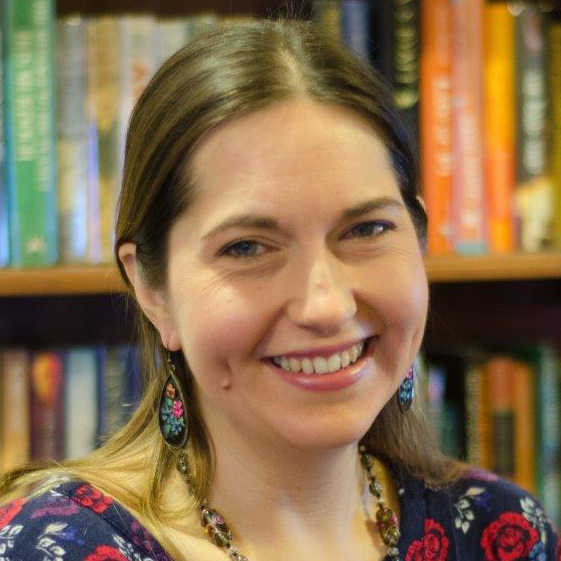How the University of Fiji’s Our Drua Voyage project teaches students the value of Traditional Ecological Knowledge
The University of Fiji (UniFiji) is embarking on an ambitious project to record the traditional oral knowledge and coastal conservation practices of iTaukei (Indigenous Fijians). Named after the drua – the sacred Fijian sailing vessel – the Our Drua Voyage project is part of a global research study exploring the role higher education institutions can play in addressing and responding to climate change, beyond research and teaching. The study aims to strengthen the contribution of universities in low- and middle-income contexts and looks at how institutions can mobilise community engagement around climate risks.
Led by University College London (UCL) in partnership with the Commonwealth Climate Resilience Network, the initiative brings together universities from four nations: Brazil, Fiji, Kenya and Mozambique. These countries are highly vulnerable to the impacts of climate change and also face greater geographic and economic constraints in adapting to these changes. Each university will design and implement a local intervention to build public awareness and prompt civic action around the climate crisis. Universities in Fiji will work collaboratively to address the brief, with each institution focusing on complementary mitigation methods.
UniFiji hopes the project will build students’ awareness of Traditional Ecological Knowledge practices, which have enabled coastal communities to adapt and survive for thousands of years. Students will use traditional navigation methods once employed by Pacific Island voyagers (the world’s first blue-water fleets) to sail a replica drua to villages around Saweni and the Mamanucas. This journey will include interviewing members of iTaukei coastal communities about traditional marine conservation practices and recording oral narratives on building climate resilience. The university will also provide pro bono legal services to protect the intellectual property of Traditional Knowledge holders and turn footage of the voyage into a documentary.
The project is particularly timely as, like many small Pacific islands, Fiji’s Traditional Ecological Knowledge is at risk of being lost as many young people regard these customs as outdated. Indigenous Knowledge practices in the Pacific are retained and passed on through generations via oral narratives, which include valuable insights on seasonal cycles, ecological processes and the management of biocultural diversity.
iTaukei communities also face the risk of physical displacement, as rising sea levels and more severe weather events force coastal residents scattered across the country’s 300 islands to move inland to higher ground, or relocate to larger urban centres. Since 2008, sea level rise and sudden-onset natural disasters have triggered the displacement of more than 150,000 people; just under 17% of the total Fijian population. For iTaukei communities, who have deep cultural and spiritual connections with their localities and depend on their immediate environment for subsistence, displacement can have severe cultural, social and economic impacts.
Traditional Ecological Knowledge has the potential to build resilience to displacement and other environmental changes by informing adaptive measures and enhancing communal ownership of climate-change challenges. This is the message that UniFiji hopes to broadcast to communities through the Our Drua Voyage project.
Philipa Duthie is the Director of RSA Oceania Professor Shaista Shameem is the Vice-Chancellor of the University of Fiji
This article first appeared in the RSA Journal Issue 4 2021
Related articles
-
Earth Day: why it needs to be every day
Comment
Phillip Ward
This year’s Earth Day focuses on plastic pollution. It’s a massive problem that must be addressed, but we need to go beyond one-day initiatives to instil a sense of urgency in responding to all the issues we face.
-
Making the most of your late career
Comment
Ann Thorpe
How do you harness your potential in the last chapter of your career? Ann Thorpe explains how the Late Career Alliance could help to craft your career narrative, impact and legacy.
-




Be the first to write a comment
Comments
Please login to post a comment or reply
Don't have an account? Click here to register.